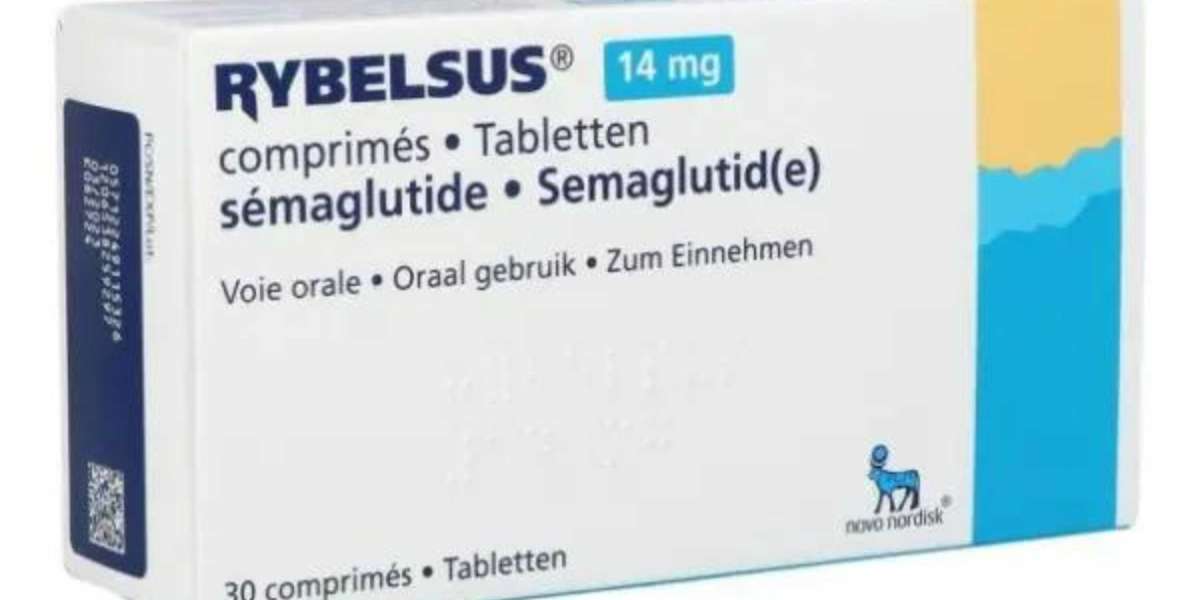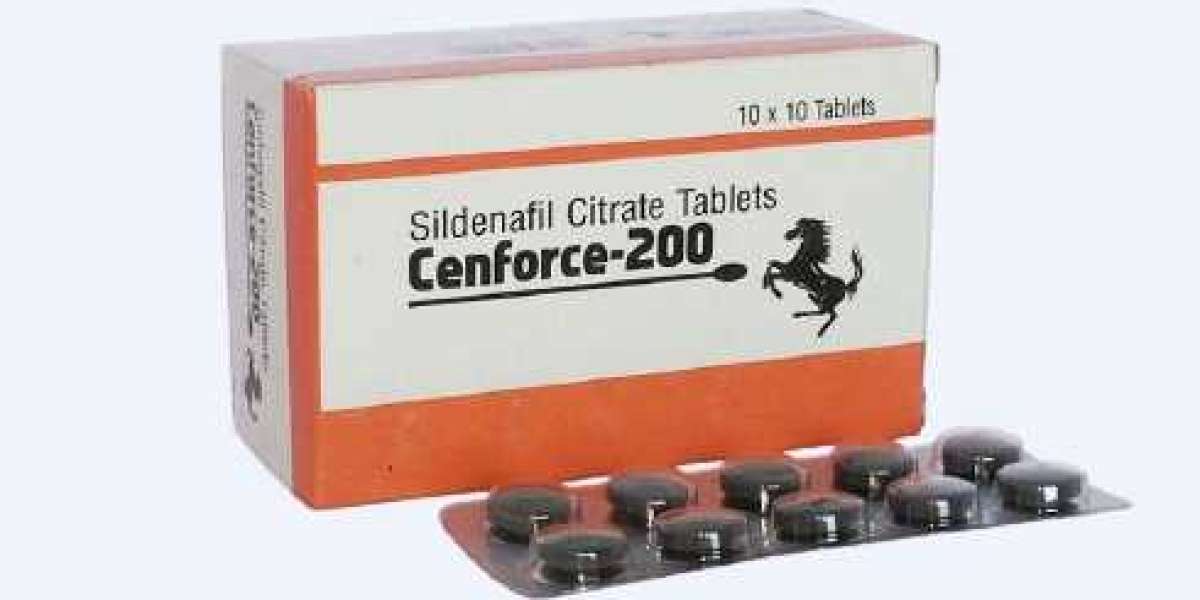Uses:
Rybelsus 3 mg (semaglutide) is a glucagon-like peptide-1 (GLP-1) receptor agonist used in the treatment of type 2 diabetes. It works by imitating the body's natural insulin response after meals to control blood sugar levels. In addition to its primary purpose, some patients may experience weight loss while taking Rybelsus.
Dosage:
The starting dosage of Rybelsus is typically 3 mg once daily, taken orally at least 30 minutes before the first meal, beverage, or other oral medication of the day. After 30 days, the dose is usually increased to Rybelsus 7 mg once daily, and then after another 30 days, it may be increased to Rybelsus 14 mg once daily, depending on your body's response and your doctor's guidance.
Side Effects:
Common side effects of Rybelsus include:
- Nausea and Vomiting: These are the most common side effects and can be particularly prominent when you first start taking the medication. These side effects usually subside over time as your body adjusts to the drug.
- Diarrhea
- Loss of Appetite
- Fatigue
- Constipation
- Abdominal Pain
- Hypoglycemia (Low Blood Sugar)
Rare but serious side effects include pancreatitis (inflammation of the pancreas), vision changes or loss, or kidney damage.
Warnings: Before taking Rybelsus, patients should disclose all their current medications and medical history to their doctor. This includes any history of pancreatitis, diabetic retinopathy, kidney disease, or if you are pregnant or planning to get pregnant.
Rybelsus can interact with other medications, so it's crucial to discuss this with your doctor. Particularly, it can increase the risk of hypoglycemia (low blood sugar) when used with other medications that also lower blood sugar.
Patients should also monitor their blood sugar regularly and report any instances of low blood sugar or any of the side effects mentioned above to their healthcare provider.
It's essential to remember that while Rybelsus can help control diabetes, it is not a substitute for a proper diet and exercise regime, which should be followed to ensure the best control of blood sugar levels.
Always follow your healthcare provider's instructions when using Rybelsus. This medication should be used as part of an overall diabetes management plan and should not replace other treatments or lifestyle modifications unless specifically instructed by your healthcare provider.
This information is provided as a general guide and does not replace professional medical advice. Always consult your healthcare provider or pharmacist for personalized medical advice.








